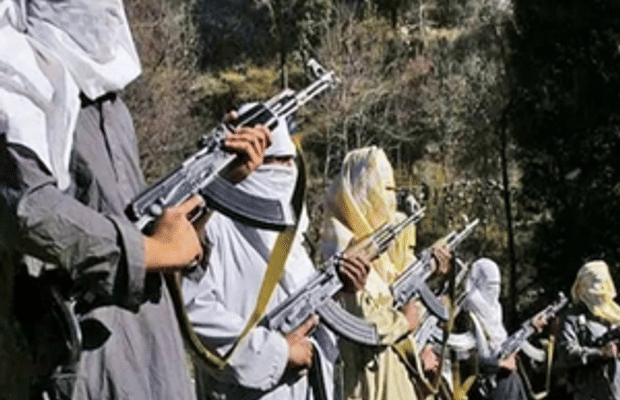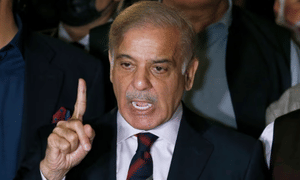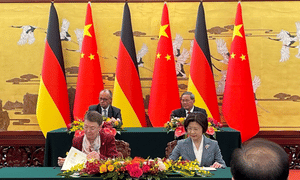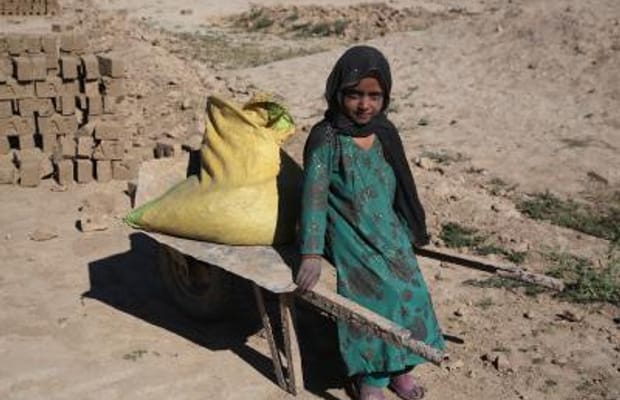

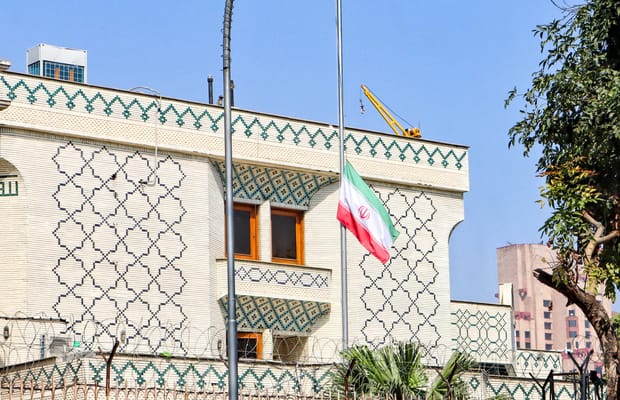



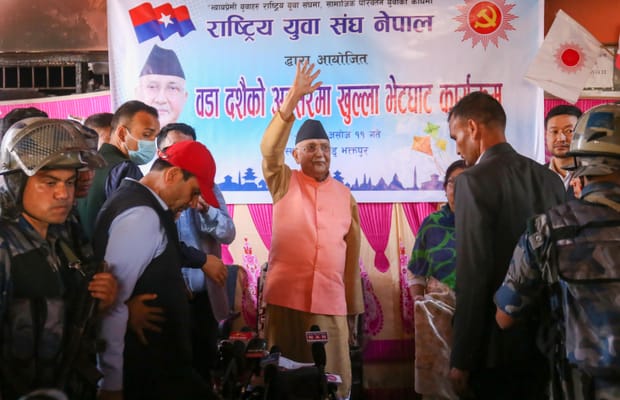
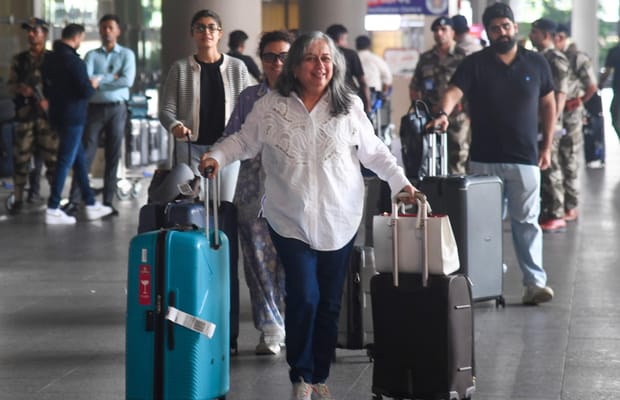
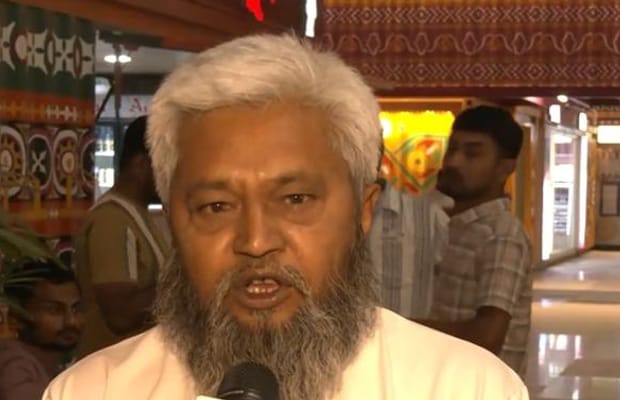
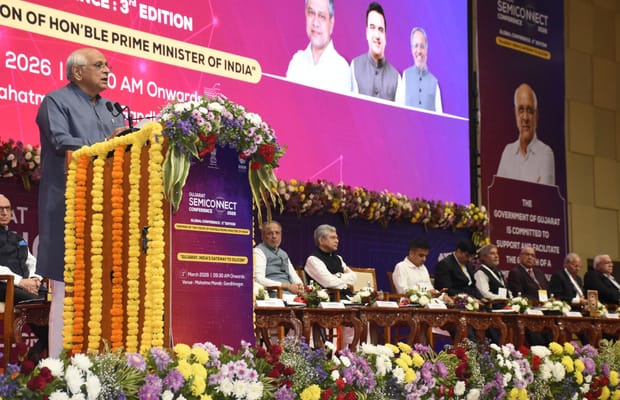


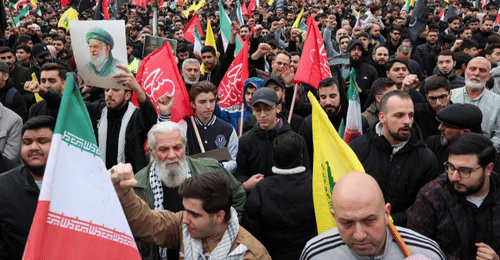


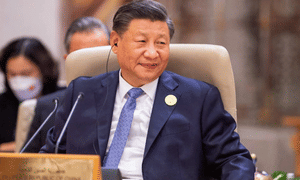

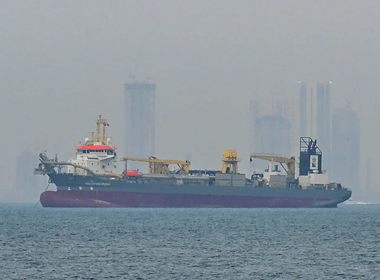






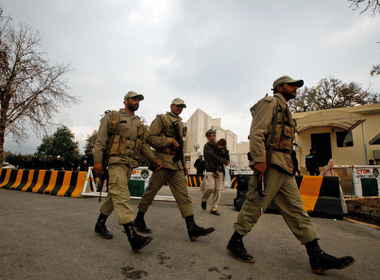
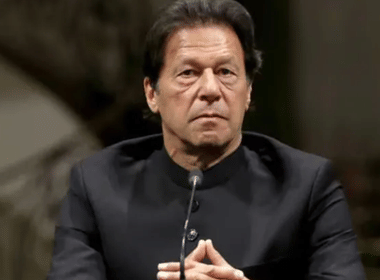





In Quetta, police reportedly blocked families of detained Baloch Yakjehti Committee (BYC) leaders from speaking to the media at the Quetta Press Club, drawing criticism from activists and legal experts. Relatives, including Mahrang Baloch’s sister, were stopped from entering after authorities sealed the area early in the morning, according to The Balochistan Post.
Family members had planned to brief journalists on the prolonged detention of BYC leaders, ongoing legal proceedings, and growing concerns about Mahrang Baloch’s health. Police reportedly told them they needed a no-objection certificate from the deputy commissioner to hold a press conference, while other groups were allegedly allowed to use the venue without such clearance. When relatives tried to speak outside the press club, security personnel reportedly set up barriers and restricted access. Nadia Baloch, Mahrang’s sister, stated that officers cited “orders from above” and claimed that families of political activists and missing persons were deliberately barred from addressing the media.
Health concerns for the detained leaders have also intensified. BYC representatives allege that Mahrang Baloch’s condition has worsened in custody due to delays in diagnostic tests and specialist consultations. Reports suggest spinal complications that could result in severe neurological damage if not treated promptly, according to The Balochistan Post.
Human rights groups and legal experts have echoed these concerns, urging authorities to provide proper medical care. Political parties, lawyers’ associations, and rights organisations have called for urgent attention to the detainees’ health and questioned the restrictions on their families’ ability to communicate with the press.
Disclaimer: This image is taken from Reuters.

Pakistan-administered Gilgit-Baltistan (PoGB) is grappling with a severe water crisis, with residents of Gilgit city struggling to access even basic drinking water. Prolonged power outages have disrupted water supply systems, according to a Facebook post by WTV. The shortage has sparked protests, particularly led by women, who accuse authorities of administrative negligence and poor governance. For several days, taps in multiple neighborhoods have run dry. The crisis is largely due to limited electricity, which has halted the water pumping system, preventing citywide distribution and forcing residents to seek alternative sources.
Political leader Amjad Hussain Azar, who visited protest sites, explained that water scarcity typically worsens in February and March, when demand rises while supply drops. He noted that electricity shortages during this period severely impact water distribution, leaving the city struggling.
Protests have been reported in areas such as the Bazaar locality and Jutial. Azar highlighted that women are particularly affected, as household chores become increasingly difficult without a steady water supply. Officials were reportedly aware that Gilgit’s main water pump needed a dedicated power line to operate efficiently. The Gilgit Development Authority had formally requested the Water and Power Department to install the line, but despite assurances, the infrastructure was never provided, as cited in the WTV post.
During his visit, Azar contacted representatives from the electricity and water departments and administrative officials to assess the situation. It was found that the pump near the Tablighi Centre could not function properly due to the lack of a dedicated power line. With electricity available for barely an hour, supplying water to the entire city became impossible, prolonging the shortage and validating protesters’ grievances.
Residents say the water crisis reflects wider systemic mismanagement in Pakistan-administered Gilgit-Baltistan. Beyond water scarcity, the region also suffers from frequent power outages, weak infrastructure, limited job opportunities, and healthcare facilities lacking doctors and essential medicines, according to the WTV post.
Disclaimer: This image is taken from Reuters.

Eleven fishermen from Tamil Nadu, who had been imprisoned in Sri Lanka, returned to Chennai by flight on Thursday. They arrived at Chennai airport from Colombo on an IndiGo Airlines flight, where officials from the Tamil Nadu Fisheries Department received them and arranged transport to their home districts of Ramanathapuram, Nagapattinam, and Mayiladuthurai. Among the 11 fishermen, four were from Ramanathapuram, and seven hailed from Nagapattinam and Mayiladuthurai.
The fishermen had set out for fishing on July 23, 2025, in a mechanised boat when a Sri Lankan naval patrol intercepted them during the early hours. Sri Lankan authorities alleged that the fishermen had crossed the maritime boundary and were fishing in Sri Lankan waters. Their boat, catch, and fishing nets were seized, and all 11 were arrested and later presented before a court in Sri Lanka.
Following the arrests, the fishermen’s families appealed to the government for intervention. Tamil Nadu Chief Minister MK Stalin wrote to External Affairs Minister S Jaishankar and Prime Minister Narendra Modi, requesting action. The Indian High Commission officials in Sri Lanka negotiated with local authorities, and a Sri Lankan court eventually ordered the release of the fishermen, who were handed over to Indian High Commission officials. Medical examinations were conducted, and Emergency Certificates were issued before their return to India.
Meanwhile, tensions escalated as the Sri Lankan Navy detained 22 Tamil Nadu fishermen and seized four fishing boats in two separate incidents on Wednesday. CR Senthilvel, Vice President of the National Fishermen Association, stated that over 450 fishing boats from Rameswaram had been fishing in the Gulf of Mannar between Dhanushkodi and Thalaimannar when three boats and 18 fishermen were arrested for allegedly crossing the maritime boundary. In a separate incident, a boat from Mandapam was intercepted near Neduntheevu in the Palk Strait, and four fishermen were taken into custody along with the boat. These detentions have caused distress and concern among the families and boat owners in Rameswaram and Mandapam.
Disclaimer: This image is taken from ANI.

The mother of 23-year-old Sahil Dhaneshra, who was killed in a car crash in Delhi on February 3, said the accident occurred while a minor was speeding in an SUV to shoot reels. The incident happened in Dwarka when the 17-year-old, driving a Scorpio without a licence, collided head-on with Sahil’s motorcycle. The SUV then crashed into a parked car, seriously injuring a nearby resting taxi driver.
In an interview with ANI, Sahil’s mother, Inna Makan, a single parent, alleged the teen was focused on recording reels, driving in the wrong lane, and performing stunts. She said the collision caused severe damage to the bus, parked car, and injured the taxi driver. Makan described the incident as criminal, noting the teen had prior speeding challans and criticized the parents for not restraining him.
Initially, Delhi Police listed the accused’s age as 19 to try him as an adult, but documentation later confirmed he is 17. His father was briefly detained, and will still face charges under the Motor Vehicles Act. The minor was sent to a juvenile observation home and later granted interim bail to appear for his Class 10 board exams.
In a video message, Makan said she raised her son alone and called on Dwarka residents and media to support her fight for justice. The police registered cases under sections for rash driving, causing death by negligence, and endangering lives under the Bharatiya Nyaya Sanhita. The accident occurred near Lal Bahadur Shastri College around noon. All three vehicles were seized and inspected, and CCTV footage collected. The investigation is ongoing.
Disclaimer: This image is taken from India Today.



The Middle East conflict is intensifying rapidly, with reports of casualties and damage in at least nine countries within just 10 hours. Israeli and US aircraft have carried out new strikes across Iran, while Iranian missiles and drones target US-allied Gulf states. Nosheen Iqbal talks with Jamie Wilson, the Guardian’s head of international news – watch the discussion on YouTube.
Disclaimer: This podcast is taken from The Guardian.

The Middle East is at a pivotal moment after the reported death of Iran’s Supreme Leader, Ayatollah Ali Khamenei, in strikes by the U.S. and Israel. Retaliatory attacks have followed on both sides, sparking concerns about wider regional instability. Nations across the globe are urging calm, dialogue, and diplomatic efforts as tensions escalate. Andrea Heng and Hairianto Diman discuss the latest updates with Dr. Peter Layton, Visiting Fellow at the Griffith Asia Institute, Griffith University.
Disclaimer: This podcast is taken from CNA.

In his first remarks following the arrest of Andrew Mountbatten-Windsor, Prime Minister Anthony Albanese described the former prince’s situation as an extraordinary fall from grace. Although Albanese supports a republican Australia, he stated that this scandal would not trigger another referendum. Speaking with Guardian Australia’s political editor Tom McIlroy, the PM also criticized Pauline Hanson’s remarks about Muslim Australians and addressed the potential return of the 34 wives and children of Australian Islamic State fighters currently in Syria.
Disclaimer: This podcast is taken from The Guardian.

Japanese Prime Minister Sanae Takaichi’s coalition secured a historic victory in Sunday’s (Feb 8) election, setting the stage for planned tax cuts that have rattled financial markets, as well as increased military spending to counter China. For insights into this outcome, Andrea Heng and Genevieve Woo consulted Dr. Lim Tai Wei, East Asia specialist and Professor at Soka University, Japan.
Disclaimer: This podcast is taken from CNA.


